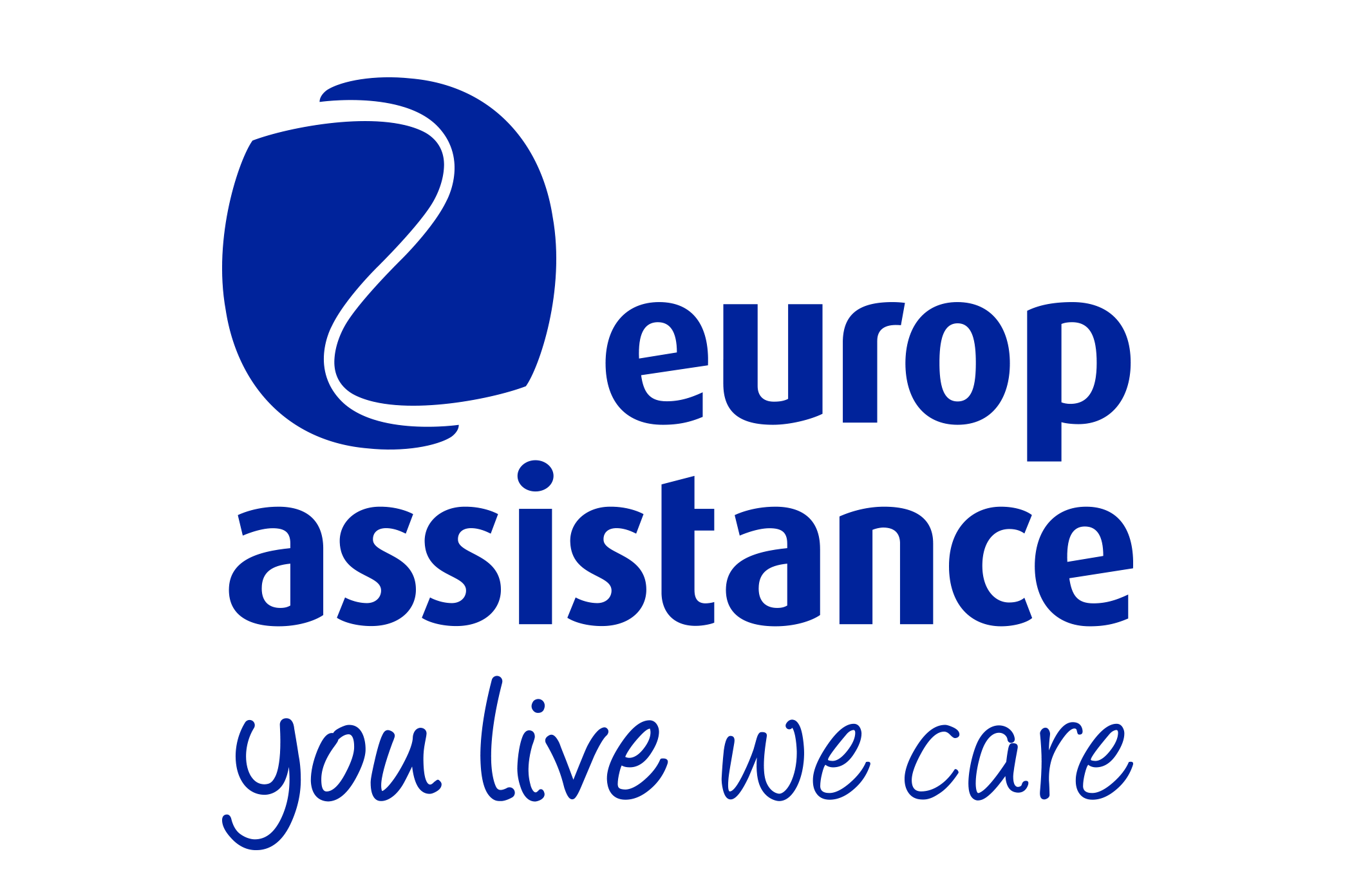Movember is here! So join us this month to raise awareness on men’s health and more particularly on prostate cancer prevention.
As you get older, your chances of developing prostate cancer increase. Genetics also play a significant role. While there’s no absolute way to prevent prostate cancer, here are 7 health tips to follow that can help lower your risk.
1/ Improve your Diet
Researchers don’t completely understand the relationship between diet and prostate cancer prevention, but studies suggest that certain eating habits may help.
- Reduce fat intake: Eat less trans fats and saturated fats. Focus on healthy fats such as omega-3 fatty acids from nuts, seeds and fish.
- Eat at least five servings of fruits and vegetables every day: Incorporate a wide variety of produce, including plenty of leafy greens. The antioxidant lycopene, which is plentiful in cooked tomatoes for example, has also been shown in some studies to slow the growth of prostate cancer cells. Cruciferous vegetables (e.g., broccoli and cauliflower) contain a compound called sulforaphane that may also protect against cancer.
- Cut down on salt: Choose foods low in sodium by reading and comparing food labels. Limit the use of canned, processed, and frozen foods.
- Increase your intake of isoflavones: Isoflavones are a chemical compound with anti-inflammatory properties. The foods with the highest concentrations are soybean products, including tofu, soy milk, or miso. Other foods that contain isoflavones include chickpeas and beans.
2/ Maintain a healthy weight
Obesity can be a risk factor for developing more aggressive prostate cancer. In general, losing weight and maintaining a healthy weight as you age can help reduce your risk of cancer and many other health problems.

3/ Get regular exercise
In addition to helping you achieve a healthy weight, exercise can reduce inflammation, improve immune function and fight some of the negative health effects of a sedentary lifestyle, all of which can help prevent cancer. Aim for 30 minutes of exercise most days of the week.
4/ Make Sure You Are Getting Sufficient Vitamin D
Most people don’t get enough vitamin D. It can help protect against prostate cancer and many other conditions. Vitamin D-rich foods include cod liver oil, wild salmon and dried shitake mushrooms. Since the sun is a better, more readily available source of vitamin D, many experts recommend getting 10 minutes of sun exposure every day. You can also consider supplements, however you should always check with a doctor first.
5/ Learn How to Manage Your Stress Level
Stress is a leading cause of many health complications in men and women. And it can also negatively affects prostate health. In fact, some men unknowingly tighten their pelvic muscles when stressed. This chronic tightening can create pelvic floor muscle problems and can be one of the causes of chronic prostatitis.
Having a prostate problem can also increase your stress and anxiety, which can make your condition worse because stress impairs the immune system’s ability to fight the illness. This is why it is important to manage your stress level, release tension and take care of your emotional health.

6/ GET EARLY SCREENING
Prostate cancer symptoms are not easily detectable in the early stages. Sometimes, men may misinterpret these signs by symptoms of other health conditions. So early detection of prostate cancer is the best prevention measure. If you are living with risk factors such as obesity, old age, family history or even a sedentary lifestyle, you should consider going for regular screenings.
7/ TALK TO A DOCTOR
Ask your doctor about your risk of developing prostate cancer. And do not hesitate to consult if you’re experiencing symptoms that may be warning signs of prostate cancer, such as urinary problems, or having discomfort or pain anywhere in your pelvis, hips, or back that doesn’t go away.

